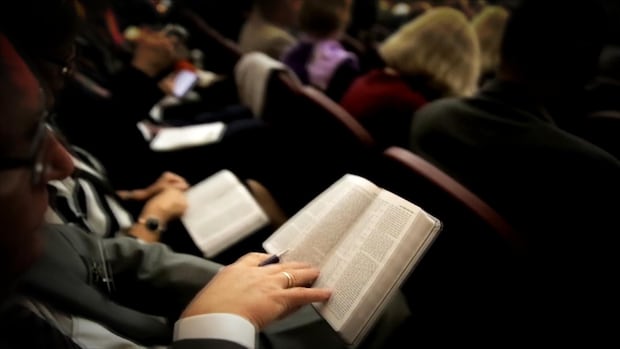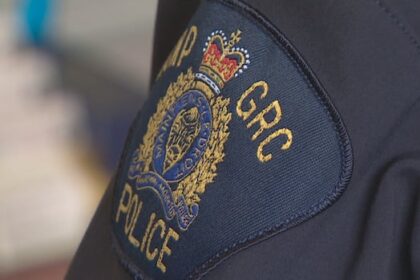British Columbia·NewThe Supreme Court of Canada has agreed to hear a case about applications for access to personal information held by Jehovah’s Witnesses congregations that withheld information from two former members who applied under B.C.’s Personal Information Protection Act for records about themselves, on the basis it was confidential religious communication.Jehovah’s Witnesses congregations kept info from 2 former members due to confidential religious communicationJim Bronskill · The Canadian Press · Posted: Nov 20, 2025 5:11 PM EST | Last Updated: 2 minutes agoListen to this articleEstimated 2 minutesThe audio version of this article is generated by text-to-speech, a technology based on artificial intelligence.In 2024, B.C. Supreme Court Justice Steven Wilson upheld the order requiring Jehovah’s Witnesses congregations to disclose records concerning the ex-members’ breaks with the church to the Office of the Information and Privacy Commissioner. Now, the Supreme Court of Canada has agreed to look into the case. (Radio-Canada)The Supreme Court of Canada has agreed to hear a case about applications for access to personal information held by Jehovah’s Witnesses congregations.The congregations withheld information from two former members who applied under B.C.’s Personal Information Protection Act for records about themselves, on the basis it was confidential religious communication.Two men independently asked their respective congregations for records containing their personal information in 2020, and both were told they could not see documents concerning their disassociation from the Jehovah’s Witnesses. After mediation failed, an adjudicator was assigned to look into the case on behalf of the B.C. information and privacy commissioner.The congregations argued that disclosing the disputed records, even to an adjudicator, would amount to a violation of their elders’ Charter rights. The adjudicator found elements of the B.C. information protection law infringed the constitutional guarantee of freedom of religion, but concluded the breach was justified under Section 1 of the Charter.The adjudicator ordered that the information be disclosed to her so she could determine whether it had been properly withheld from the requesters.In 2024, B.C. Supreme Court Justice Steven Wilson upheld the adjudicator’s order requiring the Coldstream and Grand Forks congregations to disclose records, concerning the ex-members’ breaks with the church, to the Office of the Information and Privacy Commissioner.The judge said the duties to disclose imposed by the law are meant to give British Columbians some measure of control over their personal information.”The requirement to disclose information is a tool available to individuals to hold organizations accountable for the collection, use, and disclosure of personal information,” Wilson wrote.”It also serves as a deterrent to misuse and allows individuals some measure of control over their personal information.”
Supreme Court of Canada to look at request for religious records through B.C. law











